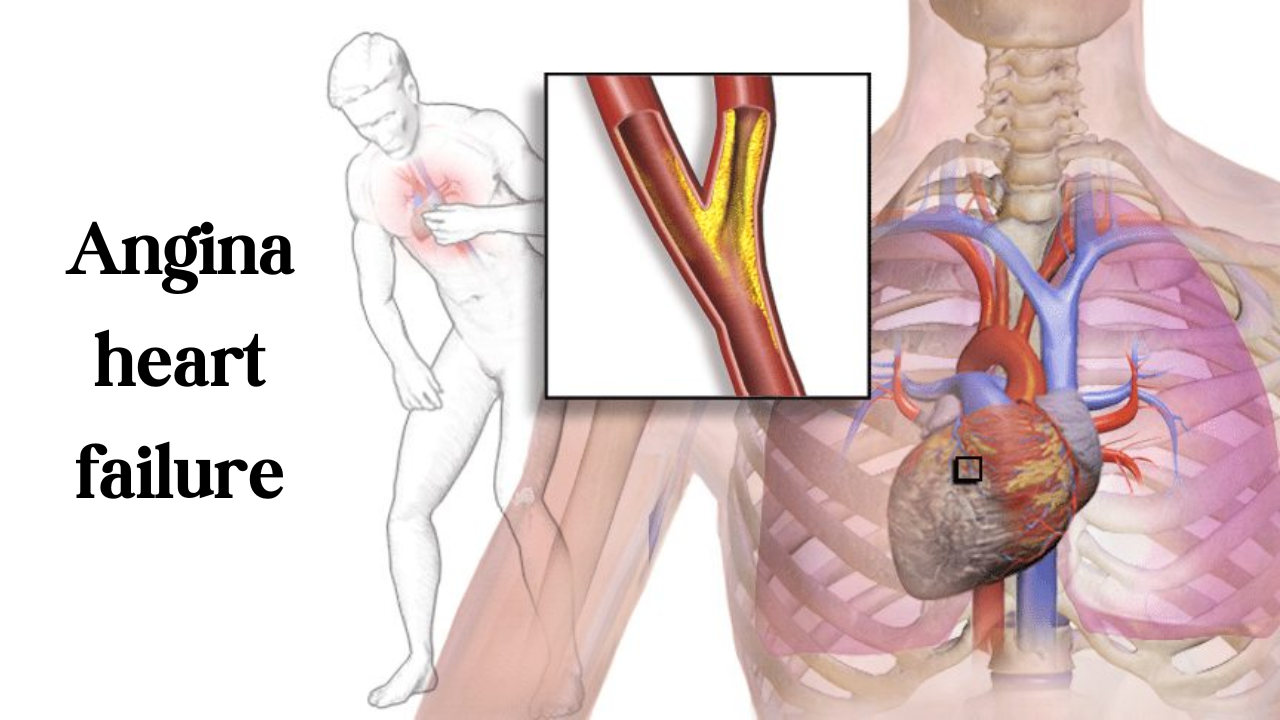Last updated on March 18th, 2025 at 10:08 am
Whenever you experience Pain when you are breathing, i.e. medically known as pleuritic chest pain, it is a discomfort that can bring a lot of concerns and often warrants a closer look. Here, I will explore the multitude of factors that can lead to pain when breathing, ranging from minor causes to more serious underlying conditions. My guide will cover the types of pain, potential causes, symptoms, and what to do when you experience such discomfort.
Types of Pain When Breathing
Pain when you are breathing can manifest itself in various forms, including:
- Sharp, Stabbing Pain: A sudden, stabbing pain that may intensify with each breath that you take, often linked to pleurisy or inflammation of the pleura.
- Dull, Aching Discomfort: A persistent, achy sensation in your chest or ribs, which could result from muscle strain, costochondritis, or underlying organ issues.
- Burning or Prolonged Pain: A burning sensation or prolonged discomfort may indicate conditions like acid reflux, pneumonia, or pulmonary embolism.
Potential Causes of Pain When Breathing
Understanding the underlying causes is crucial when experiencing pain during breathing:
- Pleurisy: Inflammation of your pleura, the thin membrane that surrounds your lungs, can result from infections, like the flu, pneumonia, or a pulmonary embolism.
- Muscle Strain: Overuse or injury to the muscles between the ribs (intercostal muscles) can cause localized chest pain during breathing(Also called Intercostal muscle Strain).
- Costochondritis: Inflammation of the cartilage that connects the ribs to the breastbone can lead to sharp, stabbing chest pain.
- Pneumonia: Lung infections, such as pneumonia, can result in pleuritic chest pain, often accompanied by other symptoms like coughing, fever, and difficulty breathing.
- Gastroesophageal Reflux Disease (GERD): Stomach acid regurgitating into the esophagus can cause burning chest pain, particularly after eating or lying down.
- Pulmonary Embolism: A blood clot in the lungs can trigger pleuritic chest pain, along with shortness of breath and a rapid heart rate.
- Rib Fractures: A broken rib can cause intense pain when breathing or moving the chest.
- Other Lung Conditions: Conditions like pleural effusion, pneumothorax, or lung cancer can lead to chest pain when breathing.
Symptoms Associated with Pain When Breathing
In addition to pain when breathing, underlying conditions may manifest with other symptoms:
- Shortness of breath.
- Coughing, wheezing, or difficulty in taking deep breaths.
- Fever or chills.
- Swelling, redness, or warmth in the affected area.
- Unexplained weight loss.
- Chest tightness or pressure.
When to Seek Medical Attention
Pain when you are breathing can range from minor to life-threatening, so it’s vital to know when to seek medical attention:
- Sudden, severe pain, especially if it radiates to your arm or jaw, should prompt an immediate call to emergency services, as it may indicate a heart attack.
- If chest pain is accompanied by difficulty breathing, confusion, nausea, or severe weakness, seek medical help urgently.
- Chronic or recurring chest pain should also be evaluated by a healthcare professional to determine its underlying cause.
Preventive Measures and Treatment Options
Preventing pain when breathing often involves managing underlying conditions or injuries, such as treating infections, adopting healthier lifestyle habits, or practicing proper posture. Treatment options are diverse and depend on the specific diagnosis.
For example, pleurisy may require you to treat the underlying infection, while costochondritis may respond well to rest, anti-inflammatory medications, or physical therapy. Pneumonia necessitates antibiotics, and GERD management involves dietary changes, medications, or lifestyle adjustments.
Important Note!
Pain when you are breathing can be unsettling, but understanding its causes, knowing when to seek medical attention, and adopting preventive measures can help individuals manage this discomfort effectively. When in doubt or when dealing with persistent symptoms, consulting a healthcare professional is always recommended to ensure accurate diagnosis and appropriate treatment.



